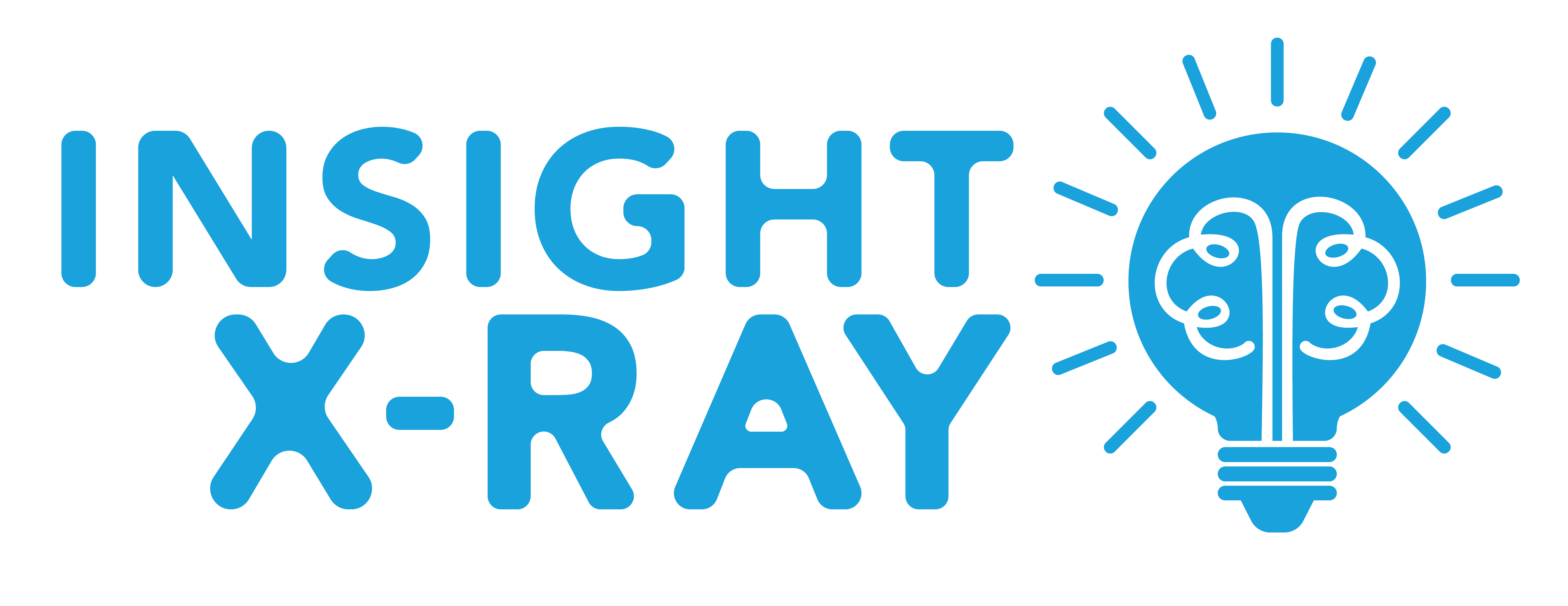Resource management:Help-seeking
Questionnaire Summary
0 of 5 Questions completed
Questions:
Information
You have already completed the questionnaire before. Hence you can not start it again.
Questionnaire is loading…
You must sign in or sign up to start the questionnaire.
You must first complete the following:
Results
Results
0 of 5 Questions answered correctly
Your time:
Time has elapsed
You have reached 0 of 0 point(s), (0)
Earned Point(s): 0 of 0, (0)
0 Essay(s) Pending (Possible Point(s): 0)
Categories
- Not categorized 0%
-
Weak Performance in Help-Seeking
What it means for you:
Help-seeking is a vital skill that allows us to tap into the collective wisdom of those around us. Your current performance shows that you may find it challenging to ask for assistance or collaborate with others when faced with difficulties. It’s not uncommon to feel this way, but recognizing the value of help-seeking can open new doors for learning and success.
Next steps:
• Identify Barriers: What holds you back from asking for help? Is it fear of judgment, lack of trust, or something else? Understanding these barriers is the first step toward overcoming them.
• Learn from Models: Observe how others seek help in various situations. Whether it’s a family member asking for a recipe or a friend seeking advice, there’s much to learn from watching and listening.
• Start Small: Practice asking for help with minor tasks or questions. Gradually build up to more significant challenges as you become more comfortable.
• Build Trusting Relationships: Surround yourself with friends, family, and mentors who encourage and support help-seeking. Trust makes asking easier.
• Reflect and Adjust: Regularly assess your progress and make necessary adjustments. Please keep
track of successes, however small, and celebrate them.Help-seeking is not a sign of weakness or inadequacy. It’s a vital skill that fosters collaboration, creativity, and growth. Your current performance is a starting point, and with practice, support, and determination, you can enhance your ability to seek and receive help.
-
Intermediate Performance in Help-Seeking
What it means for you:
You’ve recognized the value of help-seeking and have started to tap into the collective wisdom around you. While you’re on the right path, there are still areas where you could further leverage the support and insights of others.
Your willingness to ask for help and collaborate is like a bridge being built; you can create stronger connections with a little more construction.
Next steps:
• Assess Your Bridge’s Strength: Identify the areas where you comfortably seek help and those where you might hesitate. Understanding these patterns will guide your growth.
• Learn from Expert Bridge Builders : Observe how friends, family, or mentors successfully seek help. Their techniques and approaches can inspire your own development.
• Practice Building Different Bridges : Challenge yourself to ask for help in various contexts, both familiar and new. Diverse experiences will strengthen your help-seeking skills.
• Cultivate a Collaborative Culture: Encourage open communication and support among peers, friends, or family. A positive environment makes help-seeking more accessible and enjoyable.
• Reflect on Your Construction Progress: Regularly review your progress, successes, and areas for growth. Celebrate achievements and adjust strategies as needed.
Help-seeking is a dynamic and evolving skill fostering collaboration, creativity, and problem-solving. Your Intermediate Performance shows promise and potential, and with targeted efforts, you can build stronger bridges to knowledge, support, and success.
-
Strong Performance in Help-Seeking
What it means for you:
Your approach to help-seeking is like a vibrant network of connections, allowing you to tap into diverse insights, experiences, and expertise. You’ve mastered asking for help when needed, recognizing that collaboration enhances creativity, problem-solving, and personal growth. Your ability to seek and receive assistance is not just strong; it’s a model for others to follow.
Next steps:
• Maintain Your Network’s Health: Regularly assess your help-seeking strategies, ensuring that you continue to reach out, connect, and grow in diverse situations.
• Share Your Networking Expertise: Consider mentoring or supporting others in developing their help-seeking skills. Your leadership can inspire growth and collaboration.
• Explore New Connections: Seek out new opportunities, challenges, or fields where you can apply and expand your help-seeking abilities. Keep building and broadening your network.
• Stay Open to Feedback and Learning: Even a strong network benefits from new perspectives and ideas. Stay open to feedback and continuous improvement.
Strong Performance in Help-Seeking is not a final destination but a dynamic process of connecting, learning, leading, and thriving. Your ability to seek and receive help is a valuable, fostering innovation, resilience, and achievement in all areas of life.
- 1
- 2
- 3
- 4
- 5
- Current
- Review
- Answered
- Correct
- Incorrect
-
Question 1 of 5
1. Question
I am receptive to individual teacher assistance and use opportunities such as office hours to clarify doubts and seek guidance.
-
Question 2 of 5
2. Question
I actively discuss with classmates and instructors, leveraging their expertise to improve my academic performance.
-
Question 3 of 5
3. Question
When I encounter challenges or questions in my studies, I proactively seek help from my peers or instructors to gain a better understanding.
-
Question 4 of 5
4. Question
I understand the value of a supportive network of peers and teachers as an important aspect of collaboration and assistance.
-
Question 5 of 5
5. Question
I am comfortable admitting when I don’t know something and actively seek assistance to fill the knowledge gap.
